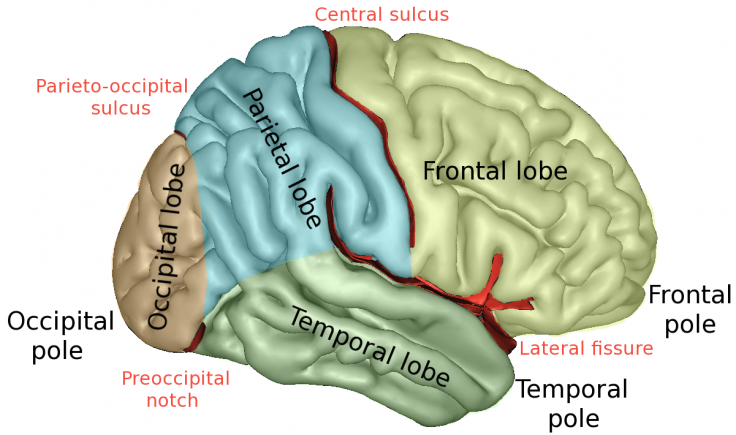
Why does your brain manage to remember precise moments from your past experiences? One portion of our memory makes us design something from our myriad experiences that you have undergone.
Some part of our memory is known as 'declarative memory'. This helps us to remember specific details, such as the residential address. It would depend on the medial temporal lobe structures inside our head, along with the hippocampus and entorhinal cortex (EC). Such areas help us also to grasp details.
These regions are also important for spatial cognition. It has been revealed by the Nobel-Prize-winning discovery of "place cells" and "grid cells" in them. These are the neurons that indicate particular spots in the surrounding areas while manoeuvring, just like a GPS. However, the question that arises is that how does this "spatial map" in the brain relate to someone's memory of things that happened and how can action by neurons help to locate and retrieve a specific memory among many.
Neuroengineers at Columbia Engineering collected some evidence of precise neurons in the human brain that could identify memories. Some recordings in neurosurgical patients that had electrodes implanted in their brains examined how their brain signals were in sync with their behaviour, even as they undertook a virtual-reality (VR) object-location memory task.
Some "memory-trace cells" with a few activities were spatially tuned to the spots in which the humans recollected that they met some objects. The study is published today in Nature Neuroscience.
"We found these memory-trace neurons primarily in the entorhinal cortex (EC), which is one of the first regions of the brain affected by the onset of Alzheimer 's disease," says Joshua Jacobs, associate professor of biomedical engineering, who directed the study.
"Because the activity of these neurons is closely related to what a person is trying to remember, it is possible that their activity is disrupted by diseases like Alzheimer's, leading to memory deficits. Our findings should open up new lines of investigation into how neural activity in the entorhinal cortex and medial temporal lobe helps us target past events for recall, and more generally how space and memory overlap in the brain."
By invasively recording the brains of 19 neurosurgical patients in many hospitals, including the Columbia University Irving Medical Center, researchers designed experiments like immersive VR computer games.
The patients moved through virtual environments with the help of laptops and handheld controllers. The subjects first moved through the environment to identify and locate four unique objects which were then removed and the scientists asked the patients to navigate through the environment and mark every object during each trial.
The team measured the activity of neurons and initially, the team located only spatially tuned neurons that were just like "place cells". These were activated when patients manoeuvred through specific locations. "These neurons seemed only to care about the person's spatial location, like a pure GPS," says Salman E. Qasim, Jacobs' PhD student and lead author of the study.
The neurons got active in those places that were related to the memory that the patient was trying to retrieve during that trial. When the patients were told to target another memory for reclaiming, the neurons changed their activity in order to be in sync with the new target's remembered location. Jacobs and Qasim were also thrilled that they could precisely decode the specific memory a patient was targeting based on the activity of these neurons.
"Our study demonstrates that neurons in the human brain track the experiences we are willfully recalling, and can change their activity patterns to differentiate between memories. They're just like the pins on your Google map that mark the locations you remember for important events," Qasim says. "This discovery might provide a potential mechanism for our ability to selectively call upon different experiences from the past and highlights how these memories may influence our brain's spatial map."









